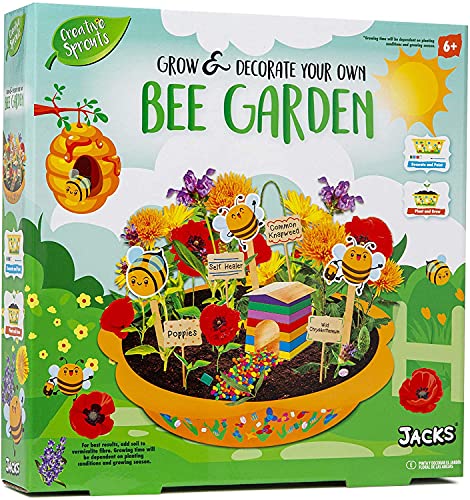mandabow
House Bee
- Joined
- Mar 6, 2011
- Messages
- 126
- Reaction score
- 0
- Location
- Southampton & Rugby
- Hive Type
- Beehaus
- Number of Hives
- 4 eeep! keep needing to AS.. 2 with virgin Qs tho'
Hi mandabow
It is interesting that although you have not read all the thread and that you picked up on the idea that you think the coop wants to help the British Black Bee and if you read more of the thread you will at times be both board and at times fascinated.
Time will tell if the coop are interested in helping the British Black Bee as is often referred to or to give it its correct name Apis Mellifera Mellifera or AMM.
I understand plenty of AMM in Scotland and from what I hear beekeepers still prefer them as they cope with the harsh weather but in England thin on the ground.
The fact is the coop’s concern comes across genuine, but in fact as I see it is a good political answer to question’s regarding the import of queens from New Zealand.
Many times people refer to locally reared queens and many times the reply from the coop is on the lines of, “we are committed to helping the British Black Bee and are trying to source and help its return”.
When then pressed on the fact that AMM is not exactly locally reared and is after all especially in England a specialist stock they reply with words to the effect of “The strain of bee we are importing from New Zealand is European, and essentially the same as every other bee in the country”
Then the question starts again, “so why does the coop not bread locally reared queens if what they are importing is basically the same as what we have now?
We all know the answers to the questions, the coop will not give there true reasons for importing queens into the country it is not the image they want to put across, the coop want to be seen saving the British bee, when at the heart of the enterprise it is a commercial operation and that is not so bad everything we consume is from a commercial operation, so why the coop don’t just say we are importing the queens on a commercial financial reasons.
[ame]http://www.youtube.com/watch?v=MbI2Lk0eY8E&feature=player_embedded[/ame] used black bees (or what i saw as black) and they make a big who ha on their website about black native bees being better.. sees somewhat contra to their PR to be importing a non uK strain be it origionally from europe or not.
with ever increasingly cold winters i would have thought it would be more of an advantage comming into the future. if they wanted to requeen every year anyway they could probably even sell on their yr old queens sucessfully.
This rather picks up on a point I've been trying to make. There is a lot of fuss on this thread about corrupting the gene pool by bringing in New Zealand bees, which is a complete red herring. I'm not sure ITLD would want to do this- there are about 20 spp of New Zealand bees- all solitary. The only honey bees in NZ are european, firstly to provide Honey for settlers, more recently because the climate is condusive to commercial beekeeping and rearing. What Mandabow suggests is not so very different, just selecting the breeding stock on slightly different criteria of desirability.
indeed, got a bit further in the thread last night before my insomnia subsided, still dont think it's such a bad idea. meeting the criterion which they spout on their website. personally i'm for whatever has best natural dieases/bug resistance
however they say "could hold the key to survival of the entire population." and "With careful selection they are good tempered and good honey producers." so really they should put their money where their mouths are.. all they need is one such good tempered and good honey queen, and a few hundred drones (easily produced by not allowing her first few daughters to mate) and hey preso instead fo going against their schpeel they are moving forward their pledge in a huge way. and hopefully the positive traits will further improve our mongrel population + second hand queens could be sold cheap to those wanting to promote AMM bees growth.
they say they desire to help the native black bee. yes the profits may be a bit smaller, but the PR from it would be fantastic.




















































